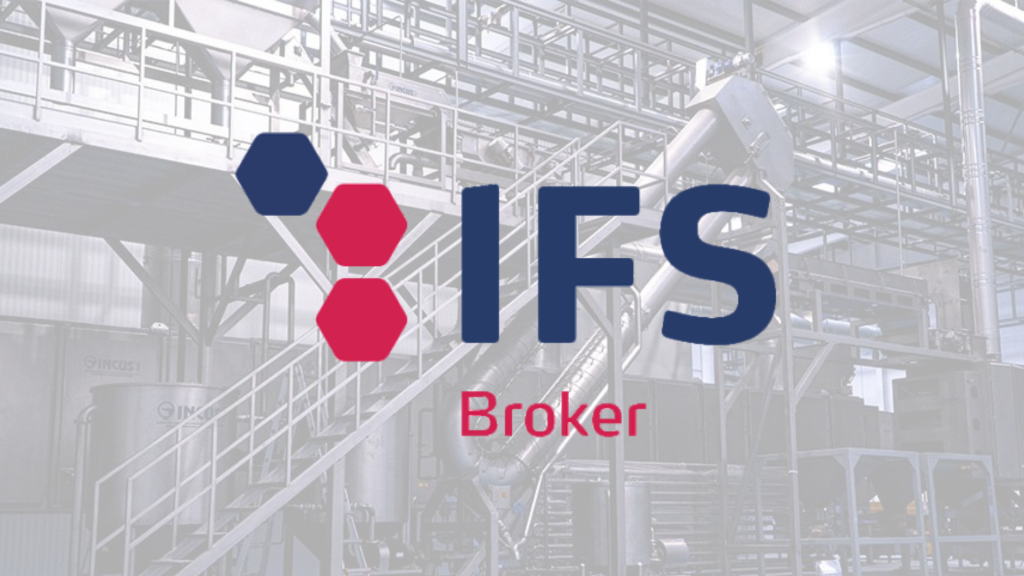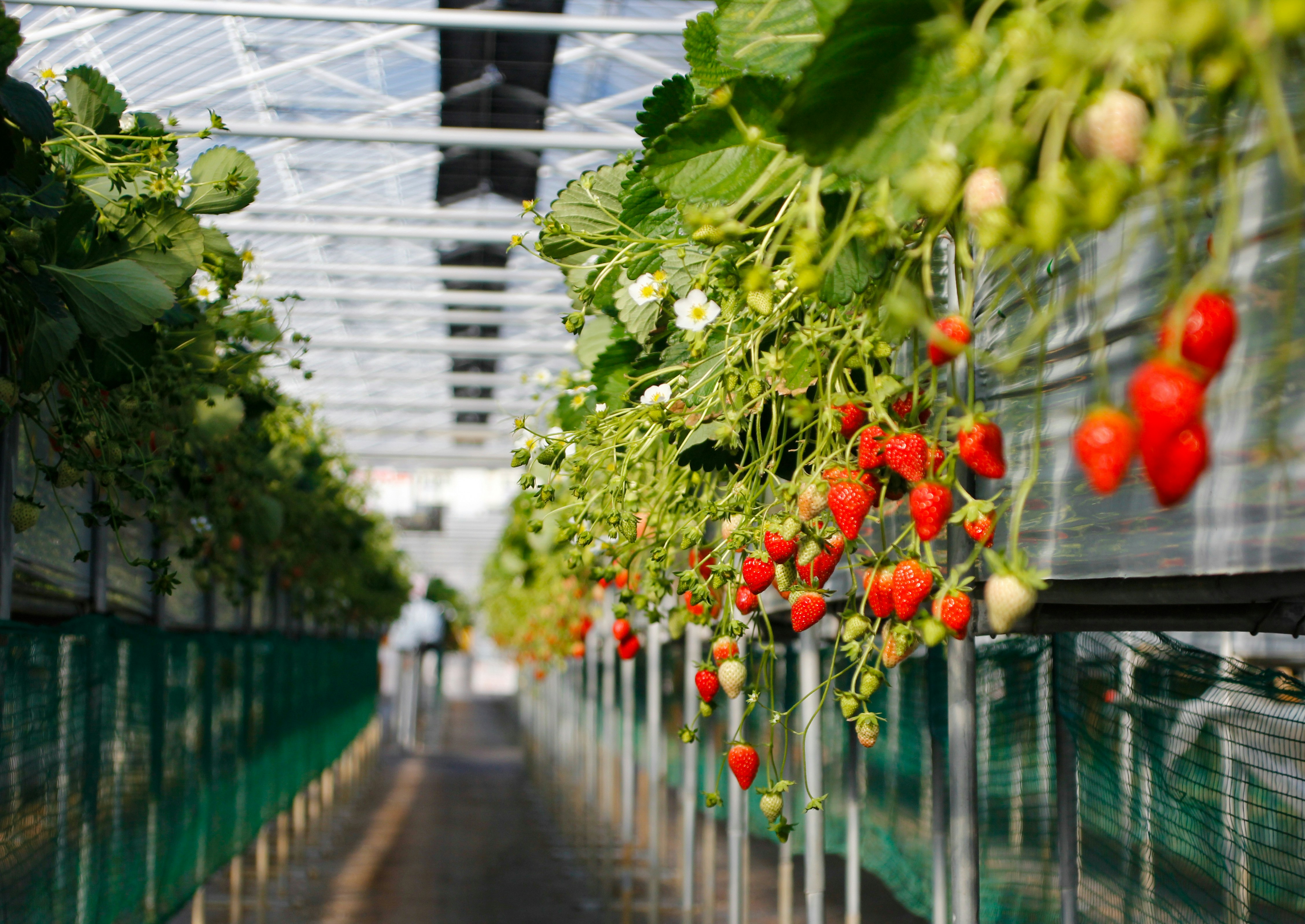
In a world where food safety, traceability, and transparency have become essential, companies must redouble their efforts to ensure high standards at every link in their supply chain. This is where IFS Broker certification comes in. Little known to the general public, it plays a key role in the reliability of your business partners. But what exactly is it, and why should you care?
Understanding IFS Broker Certification
The IFS Broker (International Featured Standards Broker) certification was designed specifically for commercial intermediaries: agents, importers, exporters or distributors who do not physically handle the products, but who are responsible for their compliance.
The IFS Broker ensures that these stakeholders apply the same quality, safety, and legality requirements as the producers or processors they work with. It covers, in particular:
An IFS Broker certified broker demonstrates that they have implemented a structured management system to ensure the quality and safety of the products they supply. This limits the risk of failure in your supply chain.
More and more major retailers are requiring their direct suppliers to be IFS certified (or equivalent). If you work with brokers, their certification may become a selection criterion or even a contractual obligation.
Certification involves proactive risk management, including those related to food safety, fraud, and regulatory compliance. This protects you, as a buyer, against potential crises or product recalls.
Having IFS Broker-certified partners makes your own quality audits easier. You can prove that you're working with brokers who meet internationally recognized standards.
The IFS Broker certification mainly concerns:
Dans une chaîne d'approvisionnement mondialisée, la certification IFS Broker est bien plus qu’un simple label : c’est un outil stratégique pour garantir la qualité, renforcer la confiance et réduire les risques. Intégrer cette exigence dans vos critères de sélection fournisseurs, c’est investir dans la robustesse et la pérennité de votre chaîne d’approvisionnement. Tracklab vous accompagne dans la mise en conformité avec le référentiel IFS Broker. Contactez-nous dès maintenant pour découvrir une démonstration de notre solution.
Charlotte Picard
Quality Engineer | Tracklab


